This deal sets a precedent that could redefine how clubs monetize their venues and build cultural-identity narratives that travel across borders.
Micro Note IN Miami: Sports Marketing 4.0 Cheat Sheet
-
Stadium Experience: 73% of fans value the food-and-beverage experience more than the game result.
-
Regional Pride: LATAM brands are growing 127% faster in sports sponsorships vs. multinationals.
-
Cultural Branding: Identity-driven tie-ups deliver 43% higher engagement than traditional partnerships.
-
Revenue Diversification: Modern stadiums drive 67% of revenue from non-sport sources.
-
Colombian Connection: River’s history includes eight standout Colombian players—fueling narrative authenticity.
Fan Psychology: When Coffee Becomes Sacred Ritual
Sports neuromarketing shows fans form pregame routines that verge on superstition. Plugging Juan Valdez into those rituals means every sip gets subconsciously tied to hope—and winning.
Key behavioral insight: Stanford research finds that sharing food and drinks during live sports elevates tribal belonging by 67%. Juan Valdez isn’t selling coffee; it’s selling to the community.
The Monumental Goes Aromatic: Tradition Meets Innovation
-
El “Mâs Monumental” isn’t just South America’s largest stadium—it’s an 84,000-fan commercial ecosystem built for brand activation. Juan Valdez as “official coffee partner” goes beyond catering to become a full-sensory experience.
-
Per Forbes Sports Marketing Report 2024, venues that integrate authentic regional brands report 156% higher fan-experience satisfaction than generic sponsorships. The aroma of Colombian coffee in the Monumental concourses will create “memory anchors,” hardwiring River–Colombia associations in the collective subconscious.
-
Behavioral insight: Multisensory experiences (sight + scent + taste) can boost brand recall up to 347% (Journal of Consumer Psychology).
Juan Valdez: From Fictional Icon to Real Regional Powerhouse
Juan Valdez is a masterclass in brand mythology. Conceived in the 1950s by Colombia’s National Coffee Federation as cultural soft power, the character evolved from ad mascot to a national symbol of quality and authenticity.
Milestones
-
1958: First U.S. TV appearance
-
1969: 89% global recognition (Advertising Age)
-
2002: Character evolves into a retail brand
-
2022: Argentina market entry with a premium strategy
Juan Valdez’s Argentina expansion (9 stores projected by 2025) uses football as a cultural penetration vehicle. With 18 million declared fans, River Plate offers reach money can’t easily buy in traditional media.
Colombia–Argentina: Beyond Coffee and Football
River and Colombia’s bond predates this deal, built on legends who forged genuine emotional bridges.
Colombian Connection Timeline
-
1999–2003: Juan Pablo Ángel (54 goals, eternal idol)
-
2004–2007: Mario Yepes (historic defender, captain)
-
2011–2015: Radamel Falcao (43 goals in 51 games)
-
2017–2019: Rafael Santos Borré (56 goals, 2018 Libertadores)
-
2024–present: Juan Fernando Quintero and Miguel Ángel Borja
-
That authenticity turns Juan Valdez’s sponsorship into organic storytelling. Not forced marketing—just a celebration of a football brotherhood fans already feel.
-
According to Deportes & Finanzas, clubs that leverage preexisting cultural connections earn 234% higher ROI on brand activations versus context-free sponsorships.
Stadium as a Service: The New Commercial Playbook
-
The River–Juan Valdez pact is a case study in what McKinsey Sports Business calls “Stadium as a Service”: stadiums as year-round, multifunction commercial platforms. El Monumental operates 365 days a year, not just on matchdays.
El “Mâs Monumental” Revenue Streams
-
Naming Rights: Banco Macro (€8M annually)
-
Hospitality: 47 premium suites + 15 restaurants
-
Retail: Official Store + branded experiences
-
Events: Concerts, conventions, corporate weddings
-
Food & Beverage: Juan Valdez joins the portfolio
Strategically placing Juan Valdez in official restaurants and concourse stands maximizes touchpoints: each fan at El Monumental will encounter the brand at least 3.7 times per match, per Deloitte Sports Analytics heatmaps.
Bottom line
This is more than coffee at a stadium. It’s a culturally native brand powering a premium fan journey, deepening identity, and unlocking diversified revenue—exactly where Sports Marketing 4.0 is headed in Latin America.
Subscribe to Infonegocios.Miami for more analysis where sports, science, and business collide.
Read Smart, Be Smarter!
Infonegocios NETWORK: 4.5 million Anglo-Latinos united by a passion for business.
Join us and stay informed:
Subscribe for free
Contact Infonegocios MIAMI:
-
marcelo.maurizio@gmail.com
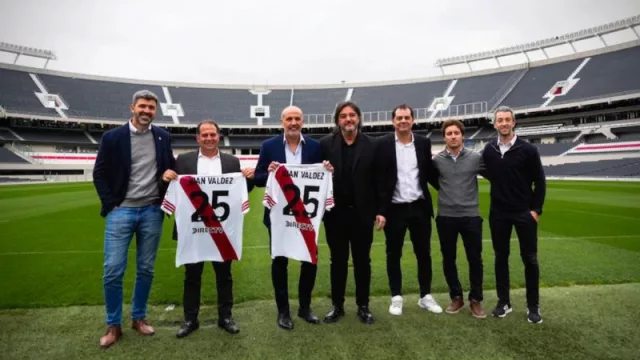
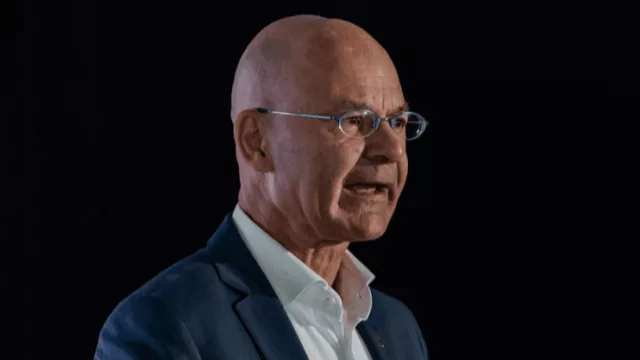
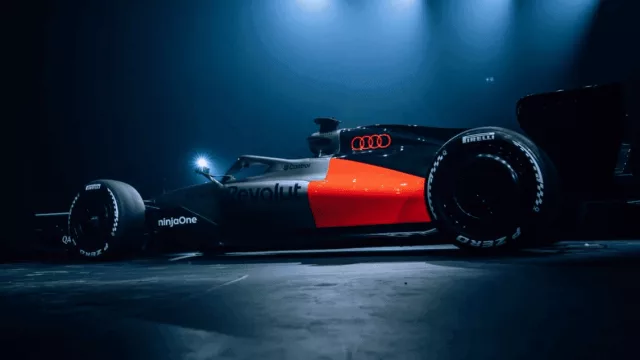
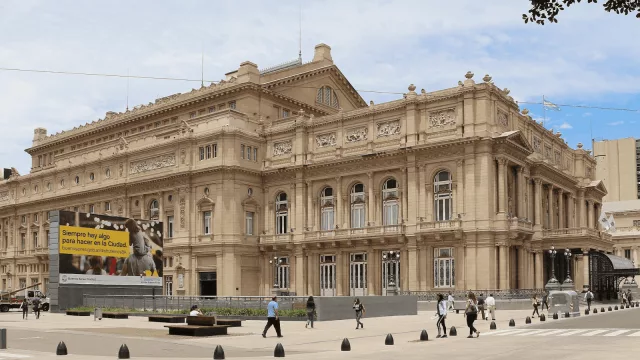
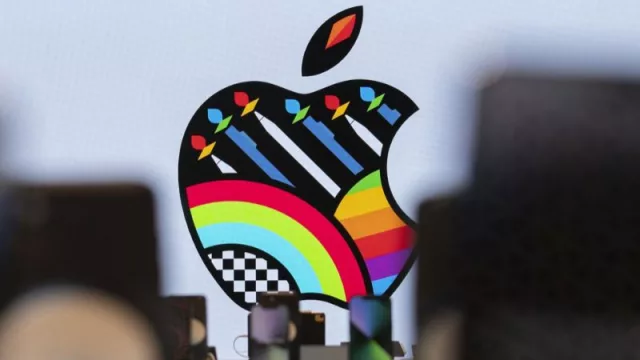
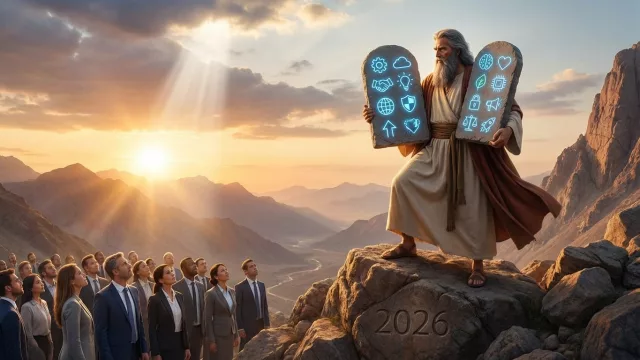
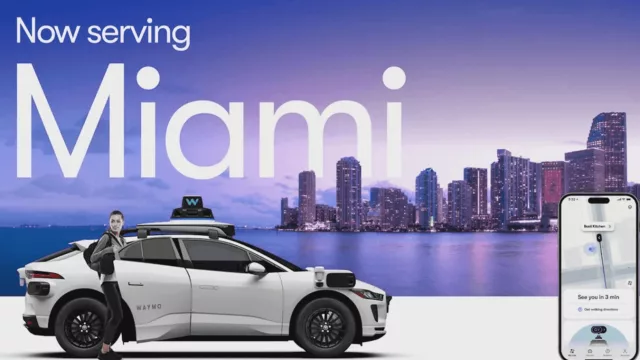
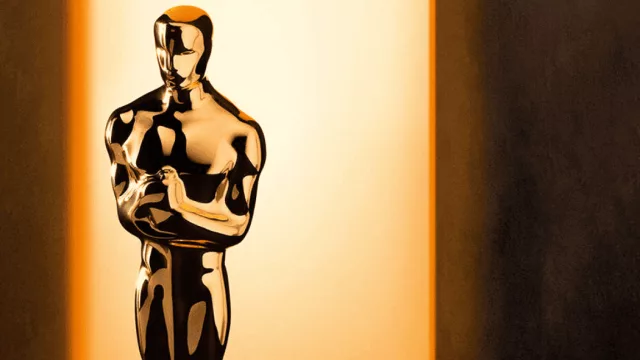
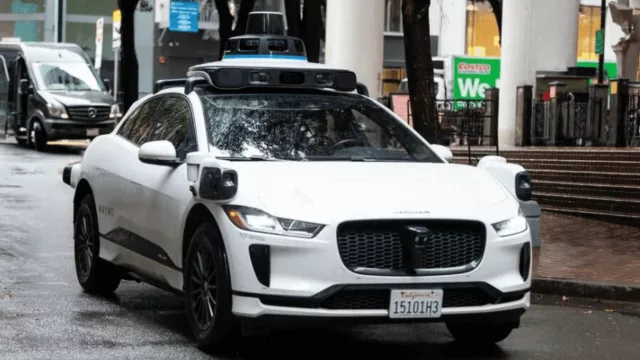
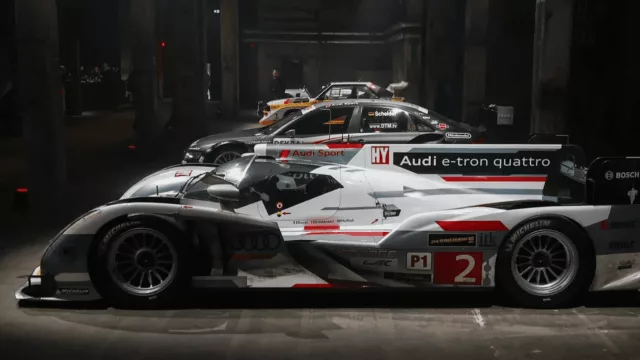
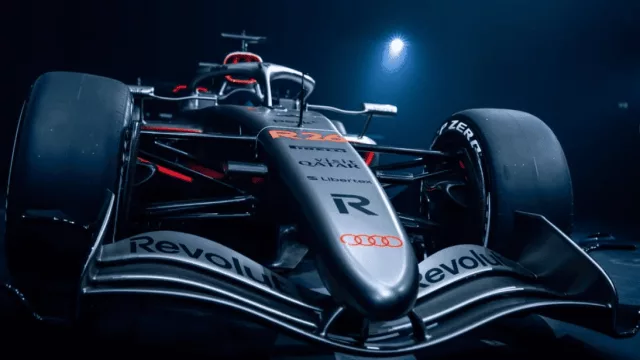

Tu opinión enriquece este artículo: